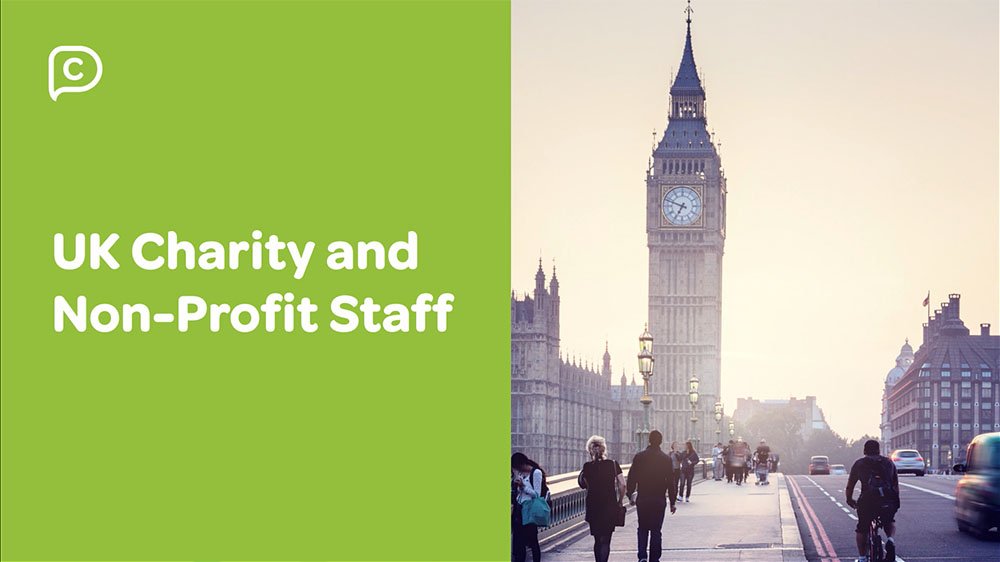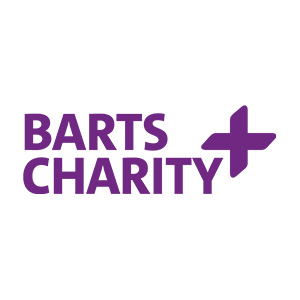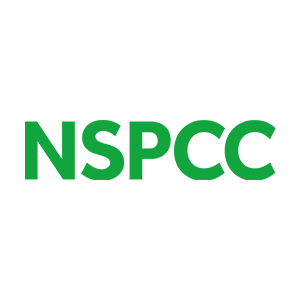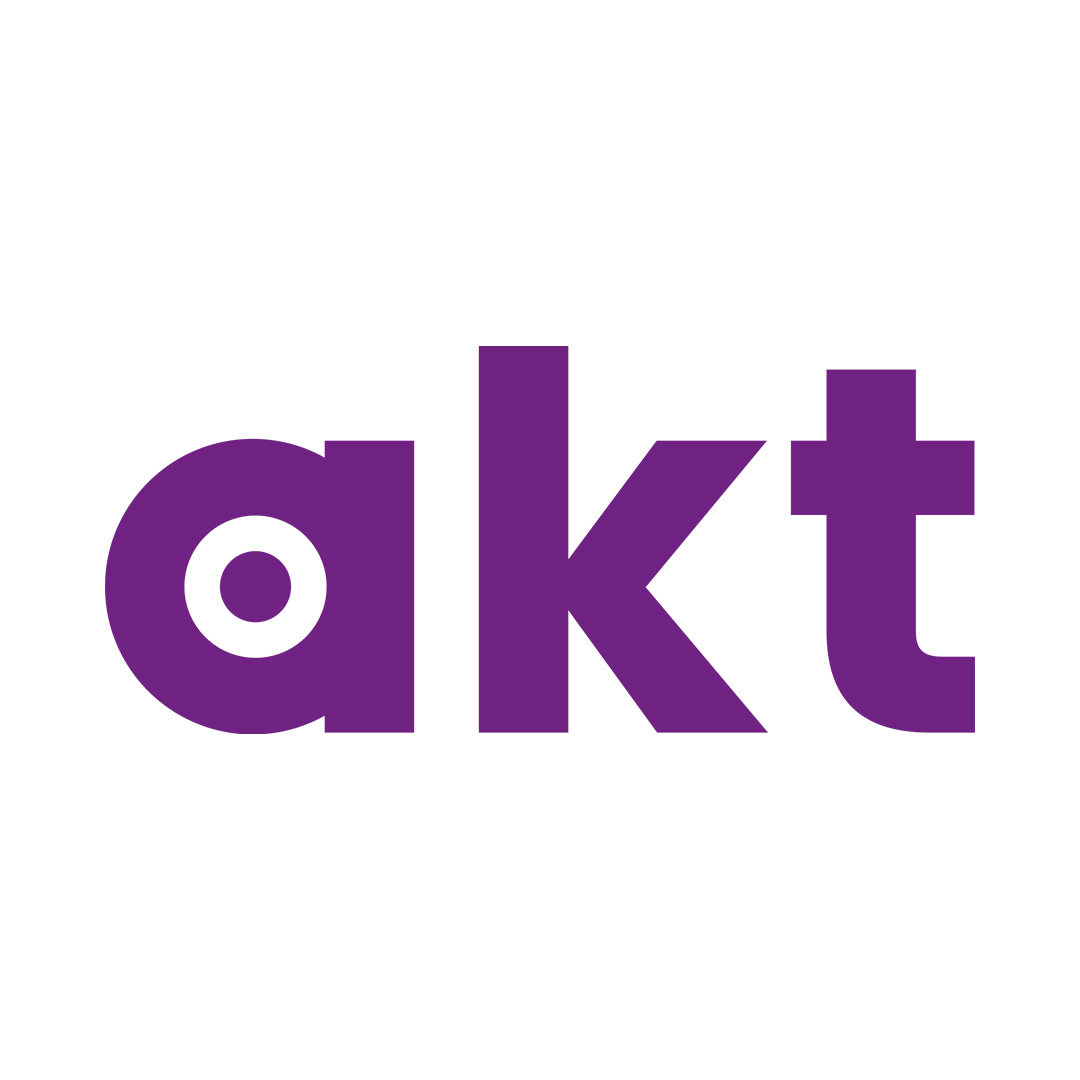For thirty years we’ve recruited extraordinarily talented people into rewarding and vital positions on behalf of some of the biggest and smallest charities in the UK and further afield. Our consultants have both unrivalled experience in our sector and are special people.
Supporting the non-profit sector to recruit
more efficiently, more effectively & more inclusively
Find Your Next JobFind Your Next HireRegister your CVRead our Annual ReportLatest Jobs
Join our Charity CEO Mentoring Programme
The journey to charity leadership can be a lonely one. With charities across the sector facing increasing pressure, new leaders need a safe space and a trustworthy sounding board to navigate the challenges of the role.
Charity People’s Mentoring Programme connects new and aspiring charity CEOs to experienced leaders across the sector. Our mentors give their time because they want to see new leaders thrive, in order to better serve the causes they are working for.
Our aim is to use our existing networks to equip a new generation of charity leaders and build a pipeline of fresh candidates for CEO roles.
Filter
”I’ve worked with Amelia as both a recruiter and candidate for a number of years. As a candidate, I’ve really valued and trusted Amelia’s insights into an organisation’s team and culture, alongside a thorough understanding of the opportunity itself. I’ve felt fully prepped and prepared by Amelia before interview who is always happy to provide more info, update and advise throughout the process. As a client, I recognise the importance for Amelia to take the time to understand exactly what the role and team needs so that the whole recruitment process is as effective and positive as possible. It is a pleasure to work with Amelia.
Annette CameronCapital Campaign Manager, Maggie's Centres
”I have worked with Charity People and Nick Billingham for well over ten years. Charity People have all the positive attributes of a small, family run company with all the clout & expertise of a much, much larger organisation. They are genuinely interested in both the charity and the candidates which makes a change from some other recruiters who tend to give you a block of people on their books without much thought to mix or fit. Nick is great to know and work with and takes time to get to know you and how you best work. He is always full of useful insight into the sector and trends.
Malcolm TyndallDirector of Fundraising and Strategic Innovation, Whizz-Kidz
”Tatiana is a fantastic people person and by far one of the best recruiters I have worked with. She always carries through with her plans and takes feedback very well. Her soft skills allow her to execute the appropriate actions for different clients, something that is very valuable in today's market. Tatiana's continued engagement with her clients to enhance results is particularly impressive.
Reham Razouk
”When working with recruitment agencies, I want them to understand our organisation, culture, what we do and don't want in a candidate and I want them to be able to do all of this quickly and without fuss. Ellen makes the recruitment process simple. She's a pleasure to work with, professional, efficient, knowledgable. Ellen just gets it and her experience shines through. I recently worked with Ellen on a Yorkshire role and the pool of candidates she presented to us were very strong. I recommend her to anyone.
Caroline O'DohertyCampaign and Appeals Manager, Sick Children's Trust
”I have worked with Anna as both an employer and candidate and she is, without question, the best recruitment agent in the business. She is so friendly, approachable, supportive and efficient and understands the importance of building strong relationships based on trust and respect. Anna is sincere and passionate about her work and I cannot recommend her highly enough.
Marianne BeggsCommunity Fundraising Manager, Northern Ireland Chest Heart And Stroke
”Alice was absolutely amazing while I was applying for my current role! She understood exactly what I was looking for and gave me some invaluable advice. Alice was also really good at keeping me updated and informed every step of the way. She is so lovely and I would definitely recommend her to anyone looking for a new role.
Kimberley KotadiaCorporate Partnerships Manager, Magic Breakfast
”Stuart was enormously supportive during the recruitment process for my current role at Street League. He really took the time to get to know me and his understanding of Street League and the role of Head of Major Giving was insightful as I prepared for interviews. I really can't thank Stuart enough for finding me this role, nor can I recommend him enough as an enthusiastic and knowledgeable recruiter.
Robyn McAllisterHead of Major Giving, Street League
”Having never used a recruiter before in my career, working with Ben was a real joy. He took all of the stress out of applying for a job I really wanted at an organisation I wanted to be a part of. He was friendly and personable and promoted an open dialogue. He arranged interviews and negotiated on my behalf and I would definitely recommend working with him to find your next employment opportunity. I have already shared his details with friends and colleagues.
Dale Ellis
”I've worked with Neil on a few recruitment campaigns at different organisations and it's always been a pleasure. He takes time to understand the specific needs and peculiarities of the role as well as the organisational culture then provides a great range of candidates against the brief. He has extensive knowledge of both the not-for-profit sector and is clearly passionate about his work, his additional advice and recommendations make all the difference from simply receiving a list of candidate CVs. With great communication and responsiveness throughout the process I'd highly recommend Neil.
Gethin JamesHead of Strategic CRM, UCL
”'Trust’ is the first thing that comes to mind when I think of Zelda. After meeting Zelda I knew I could trust her to find a good match between clients and myself. In fact, my previous role at Breast Cancer Now was meant to be a few months and lasted a year! As I venture a career in Salesforce I know that Zelda contributed towards my career change. After I told her I passed my Salesforce Administrator Exam, she managed to find me a temporary data role using Salesforce!
Christina CampbellSalesforce Certified Administrator
”I've just had a thoroughly positive experience working with Philippa Bryant recruiting two important posts at Barts Charity. Philippa helped guide the Job Description production to ensure that we attracted the best candidates for the roles in a very short time frame and only presented candidates that she knew would suit the organisation. The whole process was relatively quick and painless and I'm delighted with the results.
Ilia RalphsDirector of Major Gifts, Barts Charity






















